CSDE Science Core – Upcoming Workshops: Biomarkers, Statistics & R, Online Surveys & REDCap, Accessing Federal Data
|
In the upcoming quarter, CSDE will be hosting four workshops and one ‘lunch and learn’ event to facilitate researchers’ adoption of new methods and data to accelerate research programs. These workshops include an overview of portable biomarker data collection in the field, accessing federal statistical data, developing online surveys using REDCap, conducting statistical analysis with R, and an introduction to data options for research on older adults.
Each quarter, CSDE offers 3-5 workshops on data sources, statistical and biomarker methodology, introductions to analysis programs, and more, all given by CSDE staff and faculty affiliates. These workshops can include hands-on training in novel methods and programming, lectures on innovative data sources, and discussions of important issues in research and data collection. Over the course of the academic year, CSDE will offer a diverse and exciting set of workshops, some of which will be offered in person and others remotely via Zoom. Students, faculty, and staff are all welcome to register for our workshops and we welcome registrants from outside the University of Washington for our remote workshops as well.
You can find our workshop website and register for our Winter 2024 workshops in the links below. We will be filling in our schedule for Spring workshops soon, so stay tuned!
Please reach out to CSDE’s Training Director, Jessica Godwin (jlg0003@uw.edu), if you have additional workshops you would like to see offered in the future and we will do our best to accommodate those requests.
Winter Workshops
(read more)
|
 |
Many CSDE-Relevant Grant Opportunities at NICHD!
|
The NICHD has listed many grant opportunities that should be of interest to CSDE affiliates. Check out the list here. If you are interested, CSDE can help you with providing ‘eyes’ for feedback on the narrative, contacting a program officer, more formalized mock review panel of experts to provide feedback on a penultimate draft, a summer grant writing program, or scientific methods consultations. We’re happy to support your science! Just ask!
(read more)
|
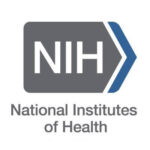 |
CSDE Computational Demography Working Group (CDWG) Hosts Elizabeth Pelletier on the Effects of WA’s Paid Family and Medical Leave Policy on Maternal Employment (2/21/24)
|
On February 7th from 3-4pm, Elizabeth Pelletier, PhD candidate at the Evans School of Public Policy & Governance, and CSDE T32 fellow, will present at the CDWG on Feb. 21st from 3:00-4:00pm. CDWG Will be Hybrid in Winter Quarter 2024. Attend in-person in Raitt 223 (The Demography Lab) or on Zoom (register here). Pelletier will present research, titled “The Effects of Washington’s Paid Family and Medical Leave Policy on Maternal Employment”. Read more in the full story!
(read more)
|
 |
*New* CSDE Computational Demography Working Group (CDWG) Hosts Connor Gilroy on Methods of Political Forecasting and Career Development (02/28/24)
|
Connor Gilroy, a UW Sociology PhD and machine learning data scientist at Blue Rose Research, will give a general overview of some of the methods and tools he uses in his current political forecasting work. He will also share some background on his recent transition from academia to industry, including the computational research involved in his dissertation on LGBTQ community, his internships and consulting work with Meta and the World Bank, and his experiences navigating the job market. CDWG Will be Hybrid in Winter Quarter 2024. Attend in-person in 223 Raitt or on Zoom (register here).
(read more)
|
 |
*New* CSDE Computational Demography Working Group (CDWG) Hosts David Coomes on Examining the Role of Migration in the Rural Mortality Penalty (3/6/24)
|
David Coomes, a PhD student in the Department of Epidemiology and CSDE T32 Fellow (UW) will join CSDE to discuss his work examining the role of migration in the rural mortality penalty. The rural mortality penalty, in which rural areas have higher age-adjusted mortality rates as compared to more urban areas, has emerged over the last few decades in the US. Previous research has focused on characteristics of rural areas, such as access to healthcare, while little work has paid attention to how the process of migration shapes rural populations and impacts population health measures. This project uses national death records and IRS migration data to measure the association between all-cause mortality and migration by county in the US. CDWG Will be Hybrid in Winter Quarter 2024. Attend in-person in 223 Raitt or on Zoom (register here).
(read more)
|
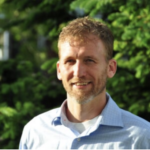 |
CSDE Population Research Planning Grants (PRPGs) (Rolling deadline)
|
Population Research Planning Grants (PRPGs) are designed to provide in-kind support and/or funds of up to $25k* to support a wide array of activity types throughout the development of a research project. As part of our mission to complement rather than duplicate other campus opportunities such as the Population Health Initiative seed grants, we will consider funding a variety of activities. See a list of example activities in the full story!
(read more)
|
 |
CSDE Matching Support to Supplement On-campus Funding (Rolling deadline)
|
CSDE Matching Support includes in-kind or monetary support to accompany a submission to other on-campus funding mechanism, such as PHI, EarthLab, or Urban@UW. All projects must have a CSDE affiliate who is UW faculty and is listed as a PI or co-PI, with any number of other collaborators. Note that we require (PRPGs) or strongly suggest (matching funds) contacting either Development Core Director (Steven Goodreau) or CSDE Director (Sara Curran) to discuss possibilities for your specific proposal before submission.
(read more)
|
 |
*New* Issue of the Journal of Ethnic and Migration Studies
Read the latest issue here!
(read more)
*New* Issue of Demography
Check out the newest issue of Demography here!
(read more)
Attend the 2024 Future of Families Summer Data Workshop (Due 2/19/24)
The 2024 Future of Families Summer Data Workshop application form is now available and is due on Monday, Feb 19, 2024. The workshop will be held in-person from Wednesday, June 12, 2024 to Friday, June 14, 2024. Travel and hotel costs will be covered for successful applicants. The workshop is designed to familiarize participants with the data available in the Future of Families and Child Wellbeing Study (FFCWS) (formerly Fragile Families and Child Wellbeing Study), a national study following a birth cohort of (mostly) unmarried parents and their children, providing information about the capabilities, circumstances, and relationships of unwed parents, the wellbeing of their children, and the role of public policy in family and child wellbeing.
(read more)
Call for Applications: Time Use Data for Health and Well-Being Workshop (Due 2/19/24)
|
The Maryland Population Research Center is accepting applications for the 2024 Time Use Data for Health and Well-Being Summer Workshop to be held June 12, 2024, the day before the June 13 and 14 University of Maryland 2024 Time Use Conference. This workshop aims to promote awareness of and expertise in the IPUMS Time Use data archive, particularly the 2010-2012 and 2021 ATUS Well-being Module data. About 20 applicants will be selected. Travel support will be available for accepted non-local candidates.
(read more)
|
 |
Urban@UW Requests Applications for the Research to Action Collaboratory (Due 2/20/24)
|
Urban@UW is excited to announce the second round of Request for Applications (RFA) for the Research to Action Collaboratory (RAC). The RFA invites teams of community members, researchers and students across the University of Washington who are excited to co-produce actionable, community-centered research and knowledge for persistent urban-focused problems. The deadline for submitting an application is Monday, February 20, 2024, at 5:00 pm PST.
(read more)
|
 |
Accepting Applications for an NIH-funded short course @ UCI: Systems Biology Foundations (2/20-3/15/24)
|
The Systems Biology – Foundations short course is an NIH-sponsored, didactic and practical educational experience devoted to training in systems biology. The Systems Biology – Foundations course also includes teaching of collaborative skills and mentoring activities for career development. Participants may attend the online and/or the in-person course. The “Online Course” is held entirely online over the first two weeks (2/20-3/1) (off on Presidents’ Day), and the “In-person Course” is held in person, on the UC Irvine campus for the following two weeks (3/4-3/15).
(read more)
|
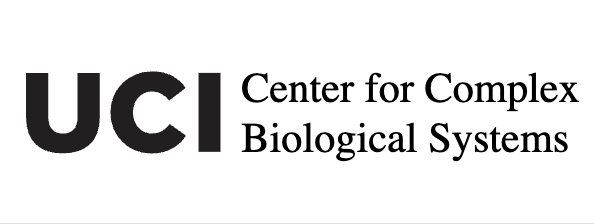 |
*New* CSSS Seminar – Homogenizing the High Street: the Economic Cleansing of Minority Elites through Fiscal Discrimination (2/21/24)
|
Join CSSS for a seminar with Asli Cansunar on Wednesday, February 21st from 12:30-1:30pm in 409 Savery Hall and on Zoom (register here). Asli Cansunar is an Assistant Professor of Political Science at the University of Washington. Before joining the University of Washington, she was a Post-Doctoral Research Fellow at Nuffield College and the Department of Political Science and International Relations at the University of Oxford. She holds a Ph.D. in Political Science (2018) and an MA in Economics (2014) from Duke University. Read more about the talk in the full story.
(read more)
|
 |
BIRCH Methods Core Seminar: Measuring Disparity and an Analytic Approach for Informing Interventions to Reduce Disparity (2/22/24)
|
UW BIRCH (Behavioral Research Center for HIV) will be hosting their Methods Core Seminar on Thursday, Feb. 22nd from 9:00-10:00 on Zoom. During this session, their outside speaker John W. Jackson, ScD, will be focusing on the following topics:
- Outlining how to incorporate equity value judgements in analytic approaches to measure and identify leverage points for reducing disparities (Dr. John W. Jackson calls this “causal decomposition analysis”).
- How covariate adjustments in defining disparities and in equalizing potential determinants of disparities (decompositions) ultimately convey value judgements about what is fair and equitable in the distribution of health and its determinants.
- Various principles to guide the choice of covariates for meaningfully defining disparities and decompositions while adjusting for other covariates to account for confounding.
(read more)
|
 |
NIH Funding: Transformative Research to Address Health Disparities and Advance Health Equity (U01 Clinical Trial Optional) (LOI due 2/22/24)
|
The Transformative Research to Address Health Disparities and Advance Health Equity initiative is soliciting applications to support unusually innovative intervention research addressing social determinants of health (SDOH) which, if successful, would have a major impact on preventing, reducing, or eliminating health disparities and advancing health equity. Projects should clearly demonstrate, based on the strength of the logic, a compelling potential to produce a major impact on advancing NIH’s commitment to addressing SDOH to accelerate progress in improving health for all.
(read more)
|
 |
ICPSR Summer Program Now Accepting Scholarship Applications (Due 2/26/24)
|
The ICPSR Summer Program in Quantitative Methods is now accepting scholarship applications for its 2024 Program, which will take place throughout summer 2024. These scholarships provide registration fee waivers for their General Sessions, a comprehensive methods training program comprising more than 40 courses and lectures, including intro stats, MLE, machine learning, SEM, longitudinal and panel data analysis, theoretical modeling, Bayes, and more. All General Session courses are offered in-person (on the University of Michigan campus in Ann Arbor) and online.
(read more)
|
 |
CSSS Seminar with Donald Chi: Sugared fruit drinks as a sociobehavioral determinant of health in Alaska Native communities (2/28/24)
|
CSSS will host CSDE Affiliate Donald Chi on Wednesday, Feb. 28th at 12:30 in 409 Savery Hall and on Zoom (register here). Donald L. Chi is professor and the Lloyd and Kay Chapman Endowed Chair of Oral Health at the University of Washington School of Dentistry (Seattle, USA) and is Associate Dean for Research. Dr. Chi is Co-Director of the NIH-funded T90/R90 training grant. He is dual board-certified in pediatric dentistry and dental public health. Learn more in the full story!
(read more)
|
 |
Evans Seminar: Dr. LaTonya Trotter on Reimagining Care from Nurses’ Perspective (2/28/24)
|
CSDE Affiliate Dr. LaTonya Trotter (Department of Bioethics and Humanities) will present at the Evans seminar on Wednesday, Feb 28th from 11:30-12:30pm in 360 Parrington Hall. Dr. Trotter’s talk is titled “Reimagining Care: The Pandemic’s Impact on What it Means to be a ‘Good Nurse'”. While many have documented the pandemic’s impact on worker turnover and labor shortages, few have considered the change it may engender for providers and their practices. In this talk, Dr. Trotter will use the experiences of registered nurses to consider the ways in which pandemic experiences were more than an acute stressor, but may portend changed understandings of what it means to be a nurse in terms of crafting a nursing a career and balancing competing obligations in the pursuit of being “a good nurse.”
(read more)
|
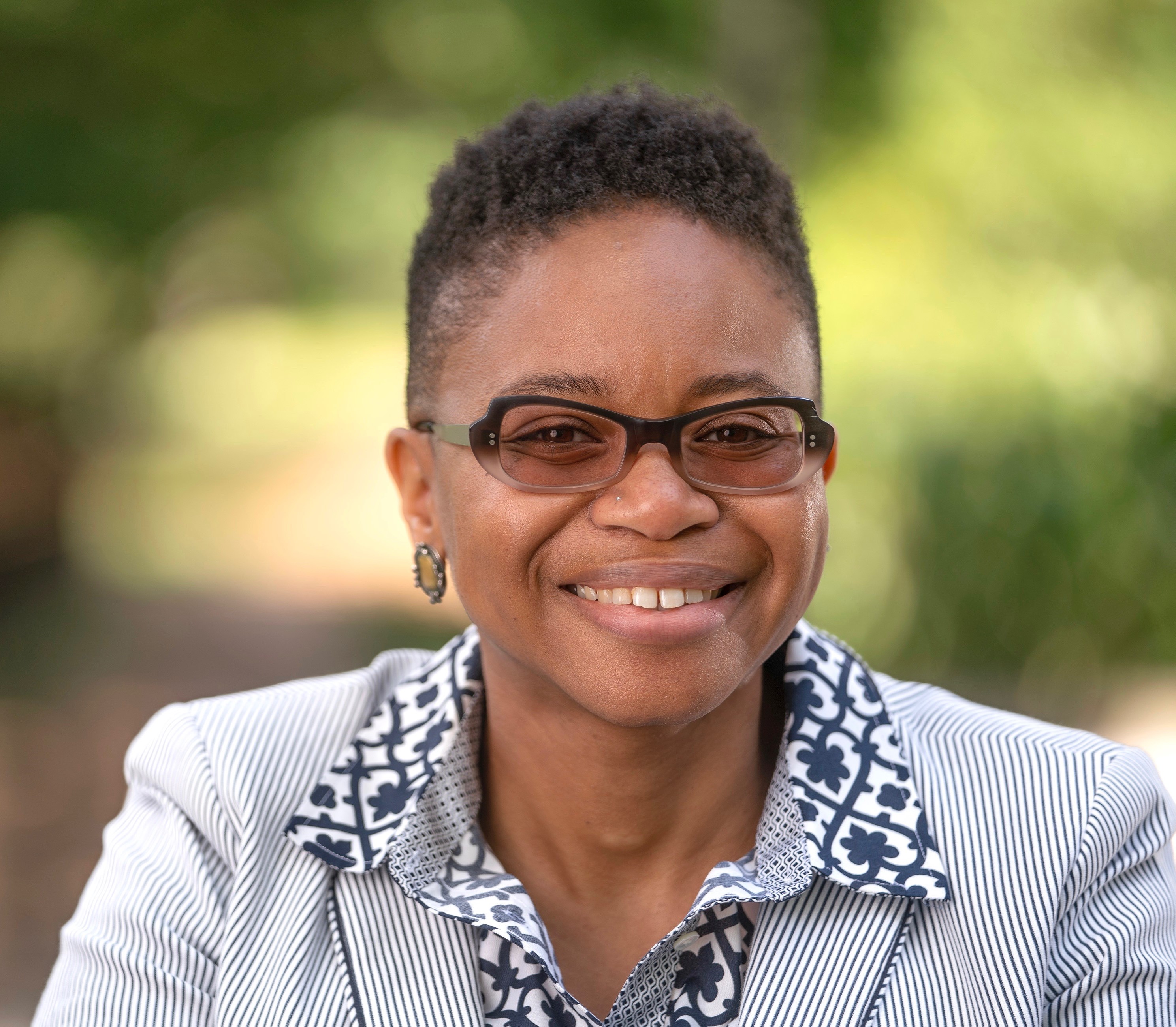 |
Opportunity for funding: French-American Research Collaborations Related to the SDGs (Due 2/29/24)
The Transatlantic Research Partnership aims to encourage innovative research and new collaborations that enrich French-American collaborations, with a view to supporting projects involving young researchers (post-docs, PhDs). Designed to foster forward-looking collaborative research that addresses pressing global challenges, the program supports projects related to one or more United Nations Sustainable Development Goals (SDGs). Selected projects will receive a $20,000 grant, to be shared equally between the French and the American partners over 2 years.
(read more)
Call for Abstracts: The 2024 Add Health Users Conference (Due 2/29/24)
Add Health is now accepting abstracts for the 2024 Add Health Users Conference on Monday, June 17th, and Tuesday June 18th 2024. Any papers using Add Health data are welcome, including those with substantive or methodological topics. Abstracts must be submitted by Thursday, February 29, 2024, at 11:59 p.m. EST. Please use the abstract submission form on the conference website to submit your abstract. For more information, view the full Call for Papers.
(read more)
*New* Applications open for the Michigan Institute for Data Science (Due 2/29/24)
|
The Michigan Institute for Data Science is accepting applications for the 2024 cohort of their “Data and AI Intensive Research with Rigor and Reproducibility” program. With funding from the National Institutes of Health, a multi-university team offers a nationwide program to equip faculty and technical staff in biomedical sciences with the skills needed to improve the rigor and reproducibility of their research, and help them transfer such skills to their trainees. Session 1 will take place at the University of Michigan from June 17-22 and session 2 will take place at Jackson State University from July 28-Aug 2.
(read more)
|
 |
Announcing the next round of the Royalty Research Fund (RRF) (Due 3/4/24)
The Office of Research invites applications to the next round of the Royalty Research Fund (RRF) grant program. Proposals are due to RRF Monday, March 4, by 5:00 PM. Departments and Colleges/Schools may have earlier deadlines, so all applicants are advised to check with their program’s administrative staff. Awards will be announced by June 15, 2024. The purpose of the RRF is to advance new directions in research, particularly:
- In disciplines for which external funding opportunities are minimal.
- For faculty who are junior in rank.
- In cases where RRF funding may provide unique opportunities to increase applicants’ competitiveness for subsequent funding.
(read more)
|
 |
*New* Applications open for the Population Health Applied Research Fellowship Program (Info session on 3/4, Applications due 3/29)
|
Applications are now open for the Population Health Applied Research Fellowship Program. This program is run in partnership between the Population Health Initiative and CSDE. The 10-week program is open to graduate and professional students from all UW schools and colleges. The program supports multidisciplinary teams of UW graduate and undergraduate students to work on real-world population health challenges. Projects are sourced from external clients who play an important role in structuring project deliverables.
(read more)
|
 |
*New* Evans Seminar: Dr. Sophia Jordán Wallace from UW’s Dept. of Political Science (3/6/24)
|
The Evans seminar is excited to host a seminar by Dr. Sophia Jordán Wallace (Political Science) on Wednesday, March 6 from 11:30 – 12:30pm in 360 Parrington Hall. Dr. Wallace is a Professor in the Department of Political Science and the Stuart A. and Lee D. Scheingold Endowed Faculty Fellow in Social Justice. She is also the former Director of the Washington Institute for the Study of Inequality and Race (WISIR). Her research interests include the politics of race and ethnicity, Latino politics, immigration politics and policy, public opinion, and legislative politics. Dr. Wallace is currently working on two books: One is entitled, United We Stand: Latino Representation in Congress. The other is called, Immigration Reform: Failure and Success in Congress. Specific talk information will be shared closer to Dr. Wallace's presentation date.
(read more)
|
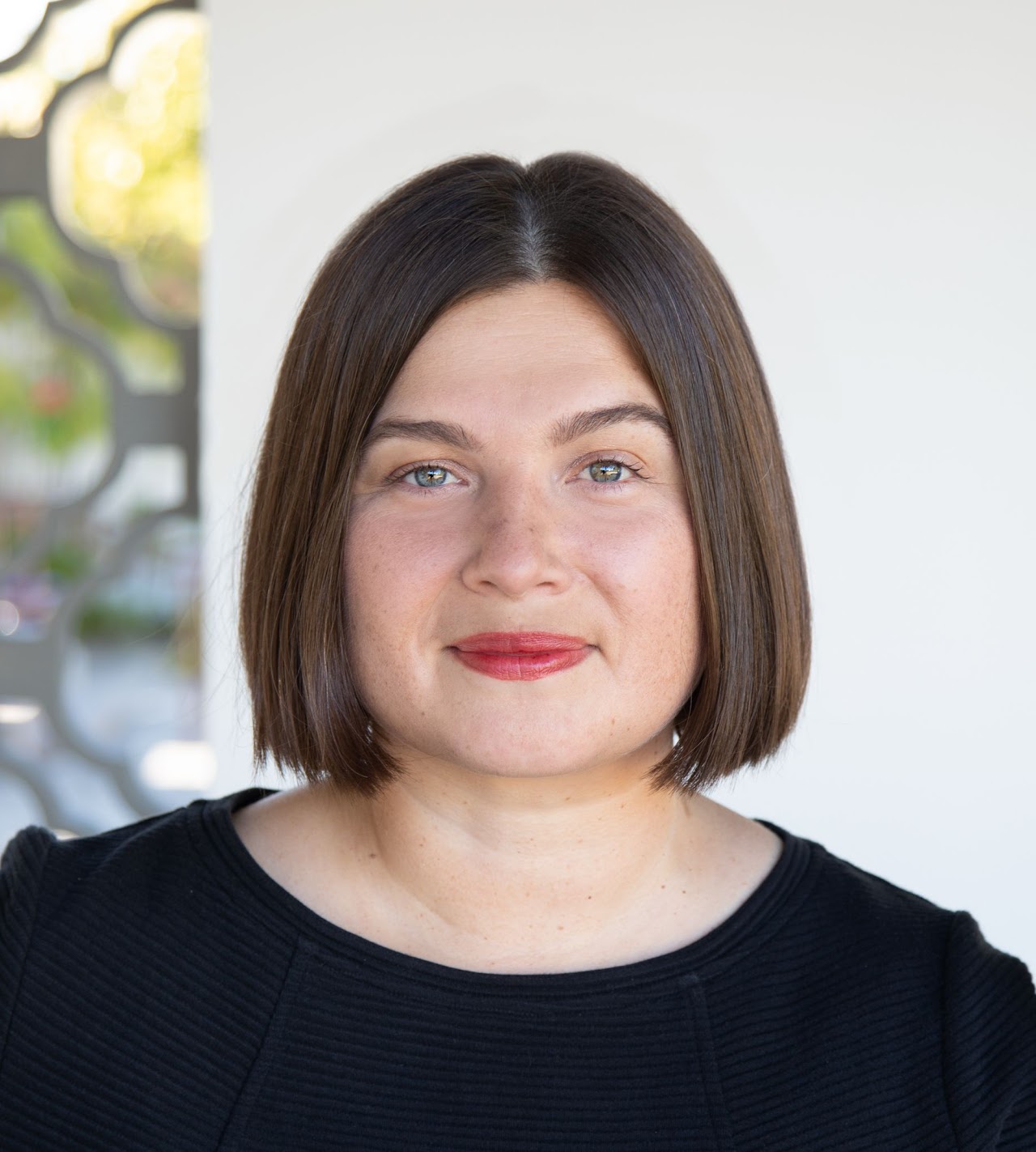 |
*New* CSSS Seminar with Roy Burstein: What is driving low rates of childhood vaccination in DRC? (3/6/24)
|
Join CSSS for a seminar by Roy Burstein on Wednesday, March 6th at 12:30 in 409 Savery Hall and on Zoom (register here). More information coming soon!
(read more)
|
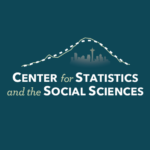 |
*New* Seminar by UW Moris Women’s Center: Budgeting, Spending, & Saving (3/6/24)
|
The UW Moris Women’s Center will host the second seminar of its Financial Empowerment and Literacy Series, co-sponsored by CSDE. The seminar will take place on Wednesday, March 6th from 11:30-1:00 PM in 320 Parrington Hall. Speakers in this series include Rachel McCracken (CFA®, MBA – Team Lead & Wealth Manager), Becky Wilcox (CFA®, MBA, FRM – Wealth Manager), and Larissa Vidal (Wealth Manager). In this third seminar, speakers will discussing different types of investment and allocating financial resources.
(read more)
|
 |
*New* Webinar: Writing About Population Research for Non-scientists (3/7/24)
|
Have you ever wondered how to get your research into the hands of policymakers, or wished your findings were known by a wider audience? PRB and APC are organizing a webinar to highlight ways to expand the reach of your research by distilling your findings into messages and formats tailored for nontechnical audiences, including policymakers and the media. Panelists from Syracuse University and PRB will describe how to write an effective research brief, common pitfalls in writing for nontechnical audiences, and using social media to communicate about your research. The webinar will occur on March 7th from 11:00-12:00 (PT). Register here and learn more in the full story!
(read more)
|
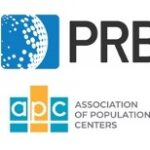 |
*New* NIH Releases NOSI for Grants Evaluating Digital Technologies and AI Tools (Due: 3/9/24)
|
The NIH is encouraging grant applications to support the evaluation of the utility and validity of digital health and artificial intelligence (AI) tools and technologies in epidemiological, clinical, and intervention research. The intent is to support the addition of new measurement modalities to evaluate existing and recently developed but not yet validated digital health and AI tools such as sensor technologies, smartphone applications, software as a medical device (SaMD), and AI algorithms.
(read more)
|
 |
*New* Call for Submissions: IAPHS’s 2024 Fall Conference (Due 3/10/24)
|
The Interdisciplinary Association for Population Health Science (IAPHS) is accepting panel and abstract submissions from December 1, 2023 to March 10, 2024 for their fall Conference “Tackling declining life expectancy in the US: investigating social drivers and policy solutions”. They are also calling for abstract reviewers and award nominations. Learn more about each of these opportunities in the full story.
(read more)
|
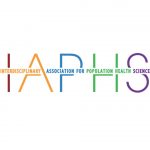 |
*New* Apply for travel funding to attend 2024 IAPHS Conference (Due 3/11/24)
|
IAPHS greatly values and encourages student participation at the annual conference. The 2024 conference in St. Louis, Missouri will offer a variety of sessions of interest to students with lunchtime sessions specifically planned for students. They are pleased to offer travel scholarship funds for a limited number of students to attend the conference. Applications will be accepted beginning January 10, 2024 and will close on March 11, 2024. Learn more here.
(read more)
|
 |
*New* Catalyst Award Competition from the National Academy of Sciences (Due 3/11/24)
|
The National Academy of Sciences has opened their Catalyst Award Competition, which seeks to reward bold, new, potentially transformative ideas to improve the physical, mental, or social well-being and health of people as they age, in a measurable and equitable way. They will issue up to 18 Catalyst Awards in 2024 to U.S.-based innovators. Each Catalyst Award includes a $50,000 cash prize in addition to other benefits. This opportunity was shared with us from UW’s team monitoring corporate and foundation opportunities.
(read more)
|
 |
|

